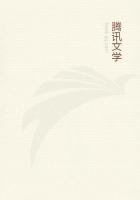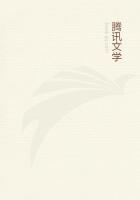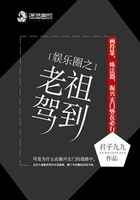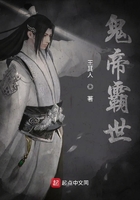One writer after another has placed as basic in social instinct, sympathy, imitation, suggestibility and the recognition of "likeness." These are merely names for a spreading of emotion from one member of a group to another, for a something that makes members of the group teachable and makes them wish to teach; that is back of the wish to conform and help and has two sets of guiding forces, reward and its derivative praise; punishment and its derivative blame. Perhaps the term "derivative" is not correct, and perhaps praise and blame are primary and reward and punishment secondary.
So eminent a philosopher as the elder Mill declared the distribution of praise and blame is the greatest problem of society." This view of the place of praise and blame in the organization of character and in directing the efforts and activity of men is hardly exaggerated. From birth to death the pleasure of reward and praise and the pain of punishment and blame are immensely powerful human motives. It is true that now and then individuals seek punishment and blame, but this is always to win the favor of others or of the most important observer of men's actions,--God, The child is trained through the effect of reward and punishment, praise and blame; and these are used to set up, on the one hand, habits of conduct, and on the other an inner mentor and guide called Conscience. It may be true that conscience is innate in its potentialities, but whether that is so or not, it is the teaching and training of the times or of some group that gives to conscience its peculiar trend in any individual case. And before a child has any inward mentor it depends for its knowledge of right and wrong upon the efforts of its parents, their use of praise-reward and blame-punishment; it reacts to these measures in accordance with the strength and vigor of its social instincts and in accordance with its fear of punishment and desire for reward. The feelings of duty and the prickings of conscience serve to consolidate a structure already formed.
Here we must discuss a matter of fundamental importance in character analysis. Men are not born equal in any respect. This inequality extends to every power, possibility and peculiarity and has its widest range in the mental and character life. A tall man is perhaps a foot taller than a very short man; a giant is perhaps twice as tall as a dwarf. A very fleet runner can "do" a hundred yards in ten seconds, and there are few except the crippled or aged who cannot run the distance in twenty seconds.
Only in the fables has the hero the strength of a dozen men. But where dexterity or knowledge enters things become different, and one man can do what the most of men cannot even prepare to do.
Where abstract thought or talent or genius is involved the greatest human variability is seen. There we have Pascals who are mathematicians at five and discoverers at sixteen; there we have Mozarts, composers at three; there we have our inspired boy preachers already consecrated to their great ideal of work; and we have also our Jesse Pomeroys, fiendish murderers before adolescence. I believe with Carlyle that it is the heroes, the geniuses of the race, to whom we owe its achievements; and the hero and the genius are the men and women of "greatest variability" in powers. The first weapon, the starting of fire, the song that became "a folk song" were created by the prehistoric geniuses and became the social heritage of the group or race. And "common man" did little to develop religions or even superstitions; he merely accepted the belief of a leader.
This digression is to emphasize that children and the men and women they grow to be are widely variable in their native social feeling, in their response to praise, blame, reward and punishmept. One child eagerly responds to all, is moved by praise, loves reward, fears punishment and hates blame. Another child responds mainly to reward, is but little moved by praise, fears punishment and laughs at blame. Still another only fears punishment, while there is a type of deeply antisocial nature which goes his own way, seeking his own egoistic purposes, uninfluenced by the opinion of others, accepting reward cynically and fighting against punishment. More than that, each child shows peculiarities in the types of praise, reward, blame and punishment that move him. Some children need corporal punishment[1] and others who are made rebels by it are melted into conformity by ostracism.
[1] It is a wishy-washy ideal of teaching that regards pain as equivalent to cruelty. On the contrary, it may be real cruelty to spare pain,--cruelty to the future of the child. Pain is a great teacher, whether inflicted by the knife one has been told not to play with, or by the parent when the injunction not to play with the knife has been disregarded.
The distribution of praise and blame constitutes the distribution of public opinion. Wherever public opinion is free to exercise its power it is a weapon of extraordinary potency before which almost nothing can stand. One might define a free nation as one where public opinion has no limits,[1] where no one is prevented from the expression of belief about the action of others, and no one is exempted from the pressure of opinion. Conversely an autocracy is one where there is but little room for the public use of praise and but little power to blame, especially in regard to the rulers. But in all societies, whether free or otherwise, people are constantly praising, constantly blaming one another, whether over the teacups or the wine glasses, in the sewing circle or the smoking rooms, in the midst of families, in the press, in the great halls of the states and nations. These are "the mallets" by which society beats or attempts to beat individuals into the accepted shape.
[1] In fact, Oliver Wendell Holmes has defined as the great object of human society the free growth and expression of human thought. How far we are from that ideal!



